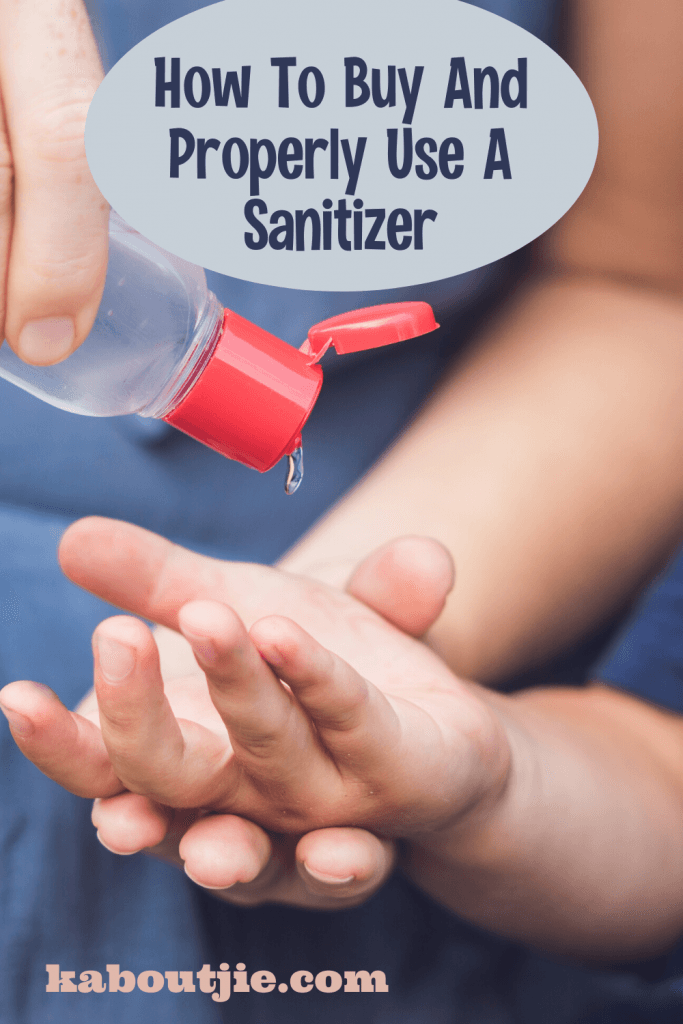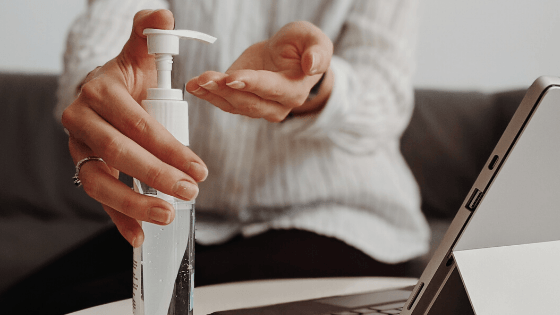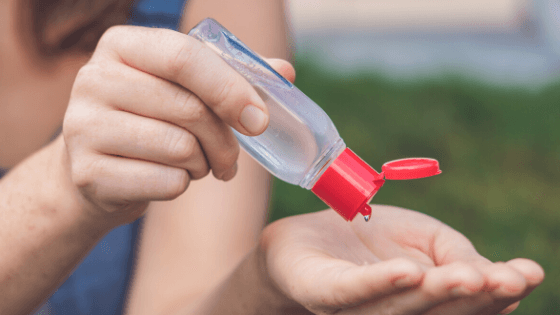Coronavirus is a respiratory viral disease that reared its head at the beginning of 2020. It originated in China but rapidly spread all across the globe and in March 2020 it was declared to be a global health emergency by the World Health Organization. It was also discovered that the disease can spread very rapidly through droplets contained in the cough or sneeze of an infected person.
The situation got direr when it was realized that an infected person can be asymptomatic and still spread the disease. This means that you may have coronavirus and not feel sick, but you would still infect other people.
This is a scary time and you must be wondering how to protect yourself and your children. The WHO, CDC, and many other health officials have released a list of precautions that can help reduce the spread of coronavirus. The first of these is washing your hands repeatedly to get rid of any germs that might be on them, practicing social distancing, and using hand sanitizer to protect from germs.

How To Buy A Good Sanitizer?
There are so many brands of sanitizer and it can be confusing to decide which one is actually useful. The following are the qualities you should look for in a sanitizer.
Alcohol Percentage
There are many sanitizers available but you might be buying one that would not work. Look at the alcohol percentage written on the bottle. A good sanitizer has at least 60% alcohol in it. While alcohol-free sanitizers are readily available and are tempting to buy you should remember that they might kill other germs, but they will be ineffective against coronavirus. Such sanitizers use quaternary ammonium compounds as the main ingredient which can reduce microbes but not as effectively as alcohol. You are much better off buying something like BeCleanse sanitizer that has 75% alcohol.
No Essential Oils
When buying a sanitizer take a good hard look at the ingredients list and make sure it does not contain anything that will either reduce its disinfecting properties or cause other problems. Many hand sanitizers contain essential oils that are added by the manufacturers to mask the smell of alcohol and make the product more appealing. The oils also allow manufacturers to create sanitizers of different ‘flavors’. This seems exciting but it is best to avoid essential oils in sanitizers as they can cause allergic reactions in some people.
Certification
During the mayhem of the pandemic, many people have started manufacturing hand sanitizers as a quick cash-grab. They know people are looking to buy sanitizers and the market has a shortage so they are trying to fill the gap. But sadly most of these sanitizers are substandard and may end up doing more harm than good. A proper manufacturer has certificates like CE (EN1499 & 1500), MSDS, and other certificates from the FDA that prove their legitimacy. Make sure the company you are buying from is a legitimate seller.

How To Use Sanitizer Properly?
Now that you have your sanitizer you must know that it will only be helpful if you know how to use it properly.
Package Instructions
Different brands suggest different usage amounts, you must read the package carefully and use only the amount that is directed. If you use too little you won’t be able to kill all the germs. But if you use too much your hands will dry out and the skin may even crack. Make sure to properly rub in the sanitizer until you can no longer feel it. Get a food-grade sanitizer if you can as those are safer for health.
Moisturize Afterwards
Sanitizers contain alcohol which kills most germs but at a price, it sucks out the moisture from your skin. So make it a habit to moisturize your hands as much as you can. Otherwise, you will end up with germ-free but flaky, dry and cracked skin, and no one wants that.
Don’t Skip Hand Washing
The CDC suggests the use of sanitizer only when you cannot wash your hands. They stress that a sanitizer does not fully replace the soap and water. This is because soap is actually better at killing the virus and also because there are many conditions in which soap works but sanitizer does not. For example, sanitizer does not work on greasy or oily hands because it cannot penetrate through the oil. But soap can easily dissolve the oil and reach the surface to kill the germs. So even if you have a sanitizer, make it a habit to wash hands regularly.
Conclusion
Coronavirus has created a deadly situation and everyone needs to be careful in order to minimize its spread. We need to practice social distancing as much as we can and wash our hands any chance we get. We should carry a hand sanitizer with us to use if we touch a door handle, or are about to eat and cannot find soap and water to wash hands. We should only buy sanitizers from trusted sellers and use them with proper care.
 Kaboutjie SA Mommy Blogs by Lynne Huysamen
Kaboutjie SA Mommy Blogs by Lynne Huysamen




